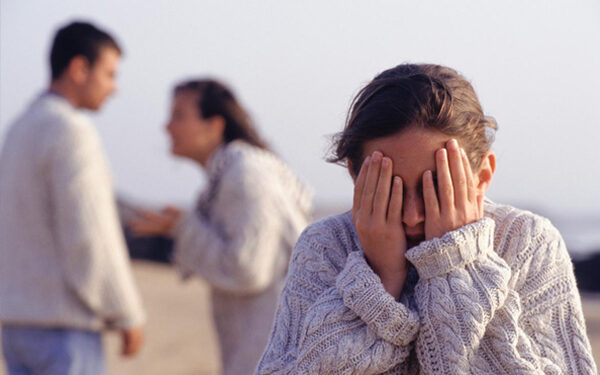Divorce is a significant life event that reshapes family dynamics, particularly for children. While it marks the end of a marital relationship, its repercussions ripple through the lives of everyone involved. Parents often worry about the long-term effects on their children, wondering, “Will divorce ruin my child?” Understanding how children of different ages respond to divorce can help parents make informed parenting decisions and support their kids during this challenging transition.
The Worst Age for Divorce for Children
Is there a “worst age” for a child to experience their parents’ divorce? Research suggests that certain developmental stages make children more vulnerable. For instance, children aged 6-12 are particularly affected because they thrive on stability and may struggle to understand the reasons behind the separation. This stage is also when loyalty conflicts emerge, making it harder for them to navigate changes in their family dynamics.
Experts agree that while younger children might not fully grasp the situation, the emotional and behavioral consequences can be long-lasting if not addressed. Studies highlight the importance of open communication and providing reassurance to help children adapt.
Children’s Reactions to Divorce by Age
Infants and Toddlers (0-3 Years)
Even at this early stage, children are highly sensitive to changes in their environment. Although they lack the cognitive ability to understand divorce, disruptions in routine or caregiver stress can lead to increased clinginess or irritability.
Preschool Age (3-5 Years)
Preschoolers often blame themselves for the divorce and may develop a fear of abandonment. For example, a child might think, “If I had been better behaved, my parents wouldn’t have separated.” These feelings underscore the need for parents to reassure their children that they are loved and not at fault.
School-Age Children (6-12 Years)
This age group is highly susceptible to loyalty conflicts, which can manifest as behavioral issues or academic struggles. They may feel torn between parents or worry about choosing sides. It is crucial for parents to maintain a stable and supportive environment during this period.
Teenagers (13-18 Years)
Teenagers often have strong opinions about the divorce, which may lead to emotional outbursts or taking sides. While they are more capable of understanding complex situations, they might also act out or withdraw as a way of coping.
Young Adults (18+ Years)
Even for young adults, divorce can leave lasting effects. It may challenge their trust in relationships or cause them to re-evaluate their own views on marriage and family. Support and honest communication remain essential during this stage.
Waiting to Divorce Until the Child Is 18
Many parents delay divorce, believing it will shield their children from emotional harm. While stability during formative years has its advantages, prolonged exposure to parental conflict can be equally damaging. Children who witness constant tension may internalize stress or develop unhealthy relationship patterns. The key is to weigh the benefits of delaying divorce against the potential harm caused by a toxic environment.
Stages of Divorce for a Child
Children often experience psychological stages similar to grief during their parents’ divorce:
Denial: Difficulty believing their family is changing.
Anger: Blaming one or both parents for the separation.
Bargaining: Hoping their parents will reconcile.
Depression: Struggling with feelings of loss and sadness.
Acceptance: Gradually adjusting to the new family dynamic.
Understanding these stages allows parents to provide the right kind of support as their children process the changes.
Positive Effects of Divorce on Children
Divorce doesn’t always have to negatively impact children. In some cases, it can improve their well-being by removing them from an environment filled with conflict. Children may develop resilience and adaptability as they learn to navigate life’s challenges. Many even build stronger, healthier relationships with one or both parents post-divorce.
Who Gets the House in a Divorce with Children?
Decisions about who keeps the house often depend on custody arrangements. Stability is a crucial factor when determining living arrangements, as children benefit from familiar surroundings. Courts prioritize their well-being, ensuring that the chosen arrangement minimizes disruption to their daily lives.
Will Divorce Ruin My Child?
The fear that divorce will ruin a child is common but unfounded. What truly matters is how parents handle the situation. Cooperation, open communication, and emotional support are critical in helping children adjust. Simple actions like maintaining routines, being honest about the changes, and seeking professional guidance when needed can significantly minimize the impact.
Every child’s experience with divorce is unique. While the process can be challenging, parents have the power to mitigate its effects by prioritizing their children’s emotional and psychological needs. By fostering an environment of love, stability, and understanding, you can help your children thrive even in the face of change.











